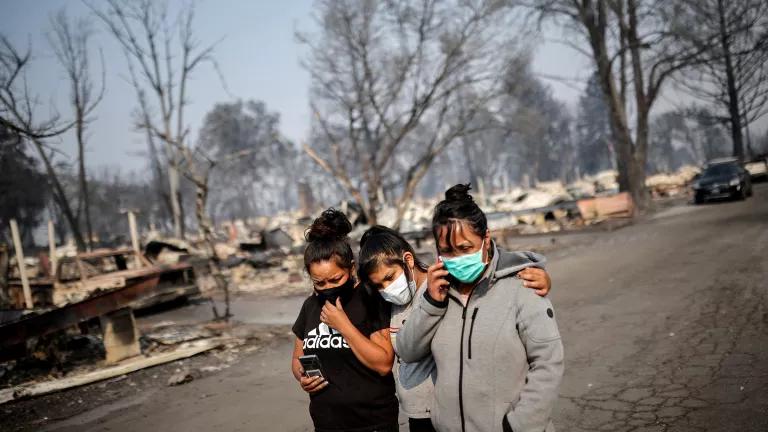
The Trump administration has decided to ignore many of the savings in health care costs brought by clean air regulations in an attempt to distort and mask the benefits of new air pollution limits.
Burning coal, oil, and gasoline creates several different kinds of dangerous air pollution, such as soot, sulfur dioxide, mercury, nitrogen oxides, and carbon dioxide. It’s the job of the U.S. Environmental Protection Agency (EPA) to reduce emissions of those pollutants to safe levels, but the law requires the EPA to perform a cost-benefit analysis to justify tightening each new emissions limit. If the agency proposes lowering the allowable level of, say, mercury, it must prove that the savings (in terms of fewer hospitalizations, lost work days, illnesses, and deaths) collectively outweigh the expense of reducing mercury emissions.
This requirement creates an accounting challenge, because while each pollution limit is set independently of the others, measures to decrease mercury pollution also prevent other types of fossil fuel pollutants, like soot. Less soot in the air also means fewer hospitalizations, lost work days, illnesses, and premature deaths. Although those soot savings weren’t the intent of the mercury rule, they are real health cost benefits directly resulting from it. So historically, the EPA has included such savings when calculating the overall value of a proposed rule.
But the Trump administration has ordered the EPA to start ignoring those bonus benefits, in an attempt to artificially depress the health cost savings of less pollution. Now, the agency may only consider the benefits of limiting the target pollutant, and pretend that the other savings don’t exist—which is a patently absurd approach to cost-benefit analysis. Imagine the following conversation between a doctor and a patient:
Doctor: Due to your family history of lung cancer, I’d like you to quit smoking, which will also reduce your risk of other cancers, heart disease, and stroke.
Patient: I don’t care about those other risks.
Doctor: Really? Because they can also kill you and are expensive to treat.
Patient: Sorry, I can only think about one disease at a time. We’ll have to make another appointment to discuss heart disease, another to talk about stroke, another for bladder cancer, and another for…
Doctor: But stopping smoking will help prevent all of those conditions.
Patient: See you next week, doc!
Doctor: [sigh]
Related Content

EPA Declines to Limit Deadly Soot Air Pollution

Missing Math: Paying for the Health Costs of Climate Change
